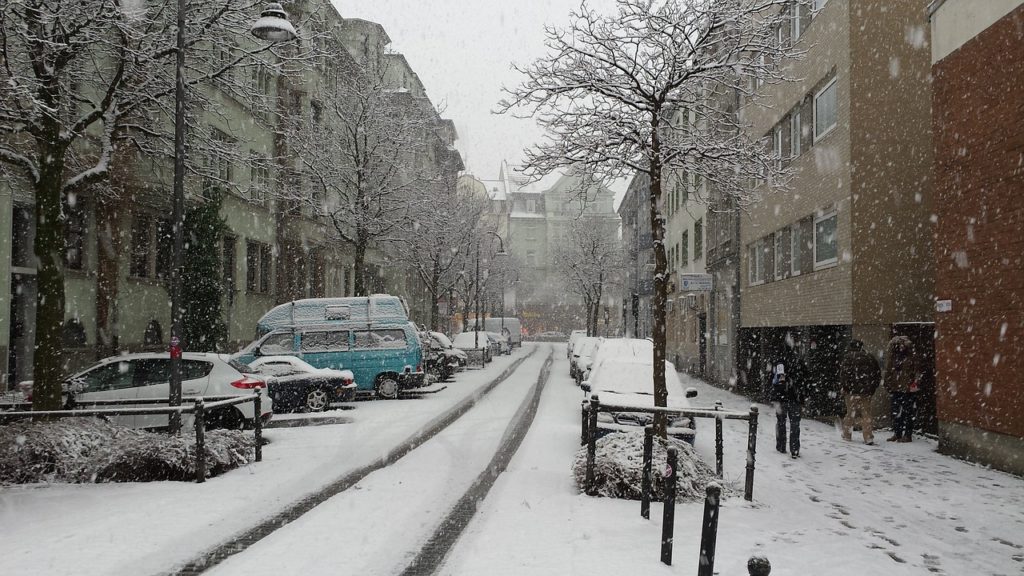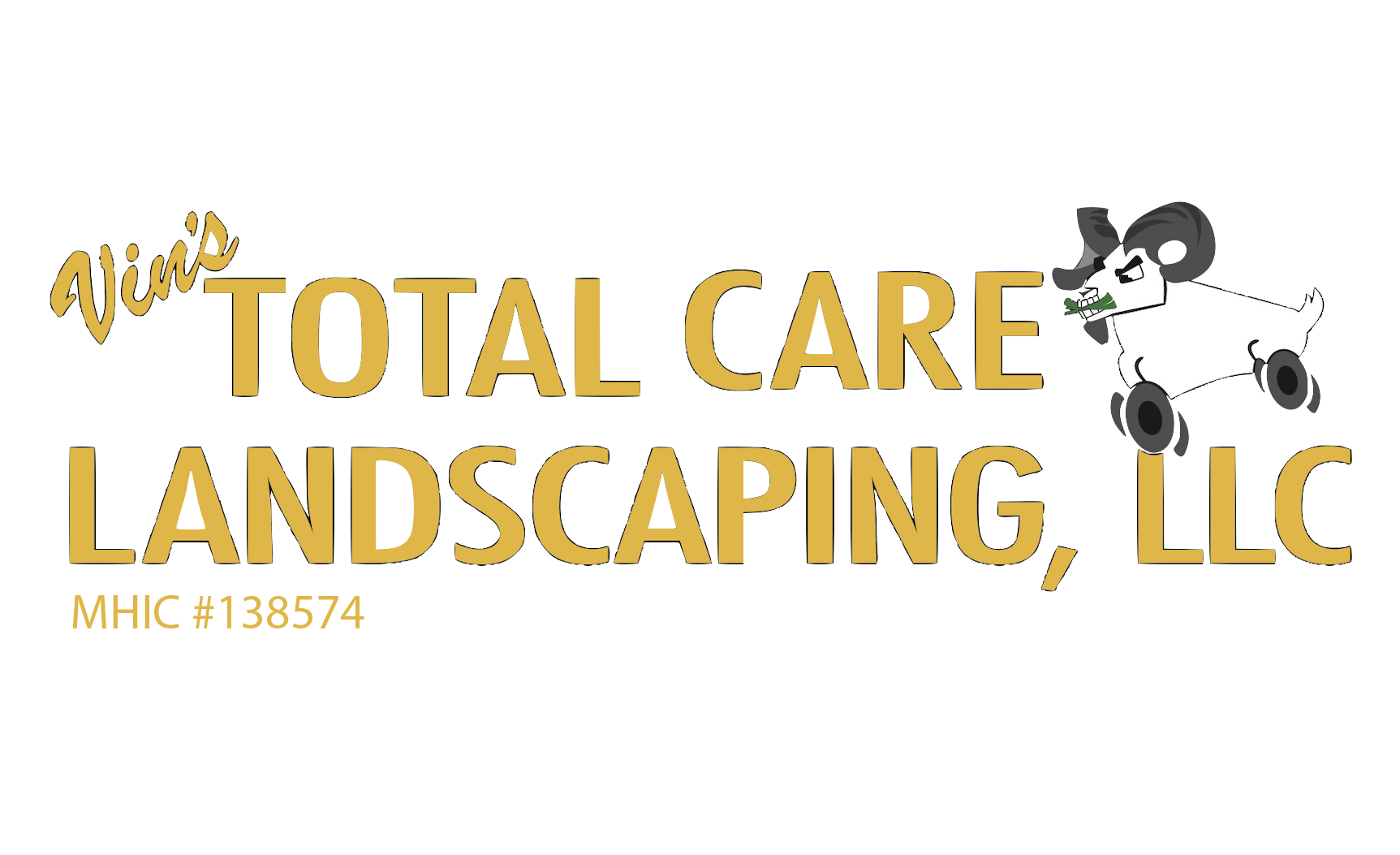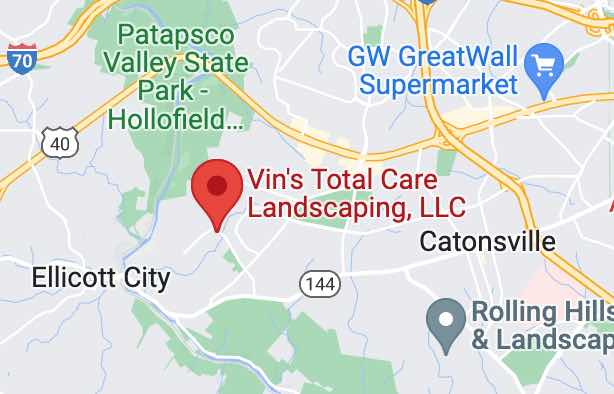With ice and snow right around the corner here in Maryland, you may be interested in using a de-icing product to help remove snow and ice from your driveway and walkways. There are several options available to you, whether you use a de-icing service or de-ice yourself. Let’s look at some of the de-icing products available to see how they work and the pros and cons of each.

De-Ice vs. Anti-Ice
The first distinction in the options available are whether they are a de-icing product or an anti-ice product. A de-ice product melts snow and ice that is already on the ground. This type of product is used as a reaction to a snow or ice storm. Anti-ice products are put down on the roads and driveways prior to a snow or ice storm as a preventative measure. Both products work, but they work differently and serve different purposes. Let’s look more closely at de-ice products exclusively.
Melt with Minimal Impact
Some ice melts have more environmental impact than others, and some cause more damage to your driveway and walkways than others. The lowest impact option for your driveway and lawn is Carbonyl Diamide, which is also a very affordable option. Unfortunately this solution only works at higher temperatures, so while it is safe for your lawn and garden, and does little damage to your driveway, it will only melt ice if the temperature is around 20-30 degrees. In more moderate temperatures this is a great solution, but for areas that reach the teens it will not be enough.
Another product with minimal to moderate impact on your driveway is Rock Salt, or sodium chloride. Rock Salt is by far the cheapest option available, and can melt ice at about 20 degrees fahrenheit, but it is toxic to pets and can cause damage to your sidewalks or walkways. Additionally Rock Salt can damage your lawn and gardens if overused.
Melt with Moderate Impact
If you are in need of a product that can melt ice at even lower temperatures calcium chloride is a good option, as it can melt ice in temperatures as low as -25 degrees. Calcium chloride can damage plants and concrete if overapplied, and is moderately priced. This is a fast acting option if you are in a crunch, as long as it is applied property to prevent damage to your driveway or lawn. Magnesium Chloride is another option for melting ice in temperatures as low as -13 degrees, and is a good alternative for pet owners. Magnesium Chloride is generally safe for pets, but can cause damage to driveways and walkways.
No matter what type of de-icer you are using on your property, it is essential to properly apply them to your driveway and walkway to prevent as much damage as possible. Hiring a professional to de-ice your property in the winter months can help ensure your property stays in tip top shape without you spending hours in the cold. If you are in need of de-icing services and winter yard maintenance this winter season, call us at Vin’s Total Lawn Care today for all your Catonsville, MD winter lawn prep needs!




